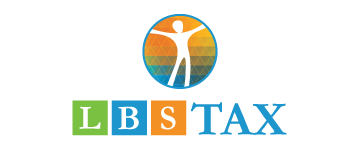If you are a writer who is finally making money off of your writing, there are some tax issues that you need to be aware of. Perhaps you have been published, or have found work as a freelance writer. No matter what form your writing takes, during tax season you will need to be aware of your available options. These options depend on a number of things, including how much you make, where you live, etc. The following tips are designed to get you more aware of the tax issues you may run into during the tax season.
Classify Your Writing
The first thing you need to determine is if your writing is more business or hobby. Taxes are filed differently depending on your answer. As business plans illustrate, the primary purpose of a business is to make a profit. If your income is greater than your expenses for at least three out of five years and your primary motive is profit, then you are probably in a business model. You fall into the self-employed category in this case. If your income is less than your expenses and you write mostly for the joy of it, you are probably classified as a hobbyist.
The main difference between the two is that a hobby cannot generate a loss. If you spend a lot on expenses while performing you hobby, those losses will not be carried forward to a future year if you ever get a large sum of money for the writing. For a business, the losses can be carried over.
Keep Records
You will want to keep detailed records of income, including royalties, kill fees, article sales, and advances. You can deduct expenses that are necessary, like office equipment or advertising materials. You may even qualify for a home office deduction if you, like many writers, work at home. There are several things you have to go through if that is the case, however. The most important tip is to make sure and keep all of your receipts. Detail what each one was for as well, so you do not forget. Investing in software like Quickbooks may be in your best interest as well.
Consult With Local Tax Authority
If your situation is mostly simply, you can likely just prepare your own taxes. However, if you do have any questions about your process, you will most likely want to contact the IRS, CRA, or your local tax authority so you know what steps to take.
There are many options around for freelance writers, and knowing how to handle these various sources of income during tax season is very important for you in the long run.
